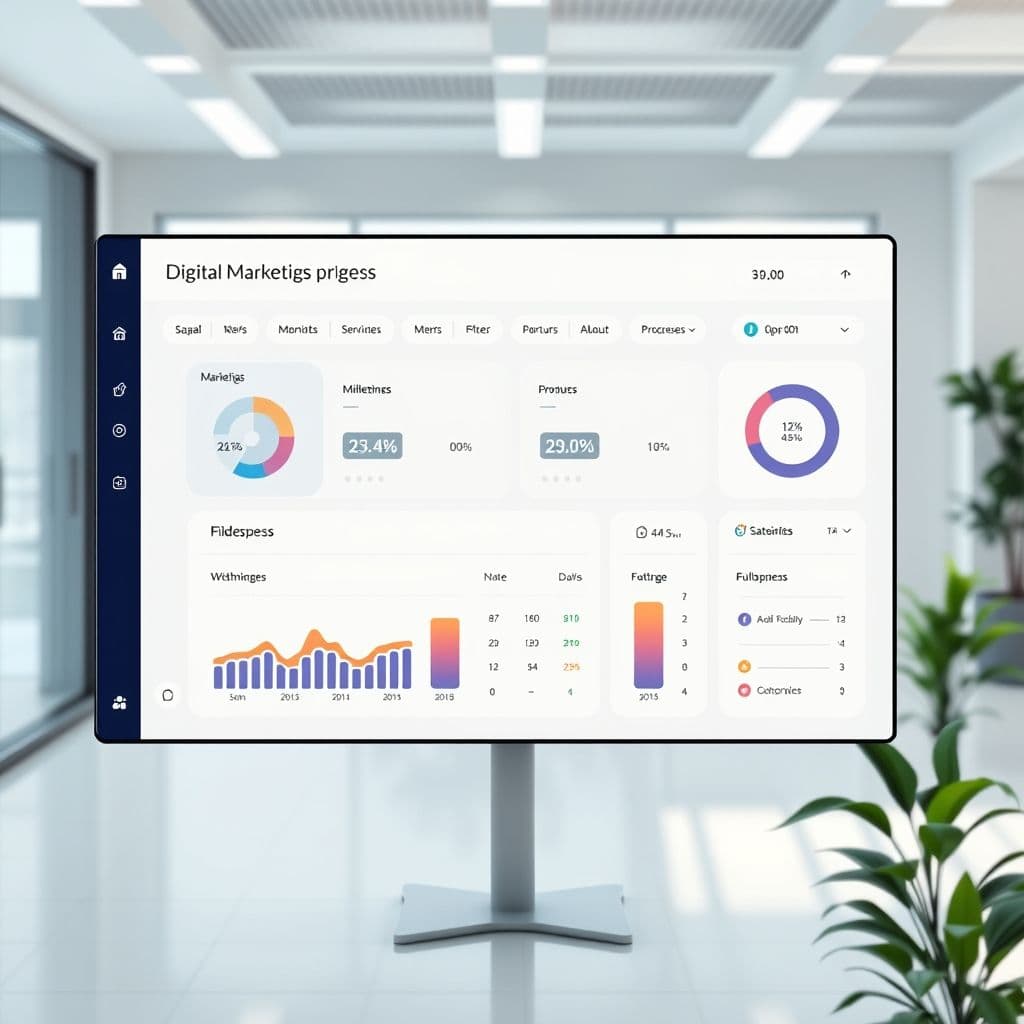The Ugly Truth About Digital Marketing: How a SaaS Solution Could Bridge the Expectation Gap

The digital marketing world is flooded with promises of overnight success and passive income. But as many beginners quickly discover, the reality involves hard work, skill development, and persistence. This article explores the gap between expectations and reality in digital marketing, and how a specialized SaaS platform could help bridge this divide.
The Problem: Unrealistic Expectations in Digital Marketing
Many aspiring digital marketers enter the field expecting quick results, only to face frustration when success doesn't come easily. Influencers often highlight the glamorous outcomes while glossing over the months of skill-building, content creation, and audience engagement required. This creates a dangerous expectation gap where beginners may give up too soon, unaware that their struggles are normal and temporary.
Common pain points include lack of transparent guidance about the learning curve, difficulty finding affordable mentorship, and no clear benchmarks for measuring progress beyond immediate sales. Many marketers work in isolation, unsure if their efforts are moving them closer to success or if they're making common beginner mistakes.

Hypothetical SaaS Solution: Realistic Success Tracking and Mentorship Platform
Imagine a SaaS platform designed specifically to address these pain points. This hypothetical solution would combine progress tracking with community support and expert guidance. Key features might include milestone-based goal setting that reflects actual learning curves, anonymous benchmarking against peers at similar stages, and structured mentorship matching.
The platform could offer skill assessment tools to identify knowledge gaps, personalized learning roadmaps, and realistic time-to-success estimators based on aggregated user data. Instead of focusing solely on revenue metrics, it would track skill acquisition, content quality improvements, and audience engagement growth - the real indicators of long-term success.

Potential Use Cases and Benefits
For beginners, this platform could provide much-needed reality checks and prevent early discouragement. Intermediate marketers could use it to identify their next skill development priorities. The mentorship matching feature would make expert guidance more accessible, while the community aspects could reduce the isolation many digital marketers experience.
Course creators and educators could integrate with the platform to offer structured learning paths, while affiliate programs might use the benchmarking data to identify promising marketers at various skill levels. The aggregated anonymous data could also provide valuable insights into what strategies actually work at different stages of a marketer's journey.
Conclusion
While digital marketing offers tremendous opportunities, the path to success requires realistic expectations and proper support systems. A specialized SaaS platform that combines progress tracking, skill assessment, and community support could help bridge the gap between influencer hype and marketing reality, potentially increasing long-term success rates across the industry.
Frequently Asked Questions
- How would this SaaS platform differ from existing project management tools?
- Unlike generic tools, this would be specifically tailored to digital marketing skill progression, with benchmarks and metrics relevant to content creation, audience growth, and conversion optimization.
- What would prevent this from becoming another 'get rich quick' promise?
- By design, the platform would emphasize skill development timelines and realistic milestones based on aggregated user data, actively countering unrealistic expectations.
- How could mentorship work at scale in such a platform?
- The system could use skill assessments to match mentees with appropriate mentors, possibly incorporating tiered mentorship levels and community-based support systems.


